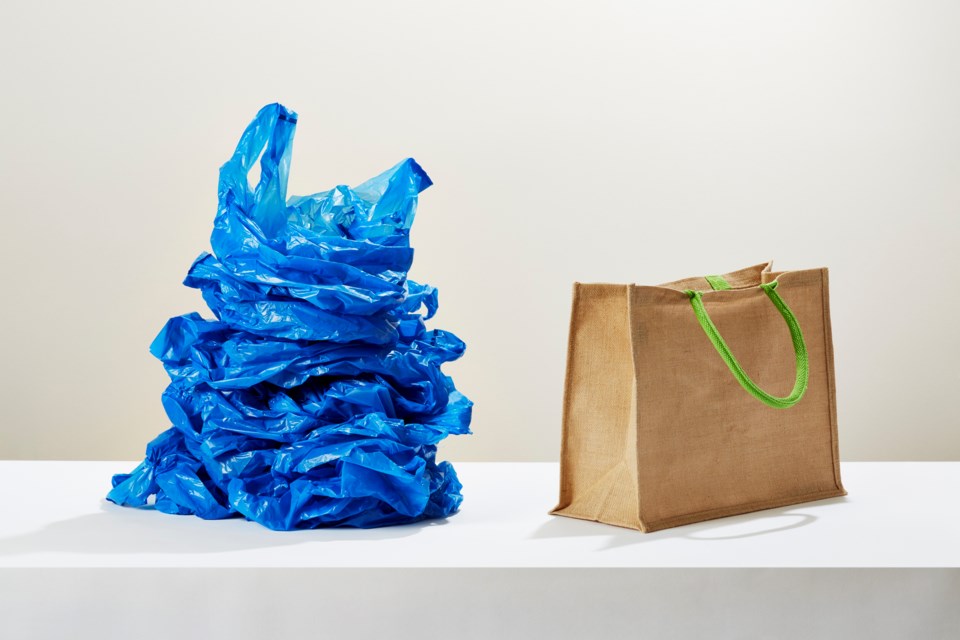UNITY — We are already weeks into our new environment that includes the discontinuation of single-use plastics, most notably non-reusable plastic shopping bags.
Delta Co-op Marketing Manage Julie Spencer says their business has been encouraging the use of reusable bags for the past three years before the pandemic hit.
Of course, as with many precautions enacted during the pandemic, single use bags were preferred to protect staff and customers from the spread of COVID-19.
Spencer says as of July of 2022, their stores went plastic-free, and for the most part, people are used to it in Delta Co-op stores.
Delta Co-op says customers can ask for boxes, and if there are any available, they are more than welcome to use them. Paper bags are also available, but also have a charge.
Other green initiatives undertaken by Delta Co-op include selling recycled decking products and sourcing lumber from Western Canada. Spencer says motion lights are coming and LED lights switched out for all lights.
Cheryl Nordick, manager of Unity’s Red Apple, says there was a charge for plastic bags prior to the ban being implemented to encourage customers to adopt reusable shopping bags.
Nordick says they sell re-usable bags and purchasers have commented that they like the quality of the bags being sold. Customers can also ask for cardboard boxes to pack their purchases, providing there are some available.
“There were complaints at first, but people have adjusted to the new model, adapted to bringing their own or learned how to juggle purchases to carry out.”
Canada has now implemented the ban of the manufacture and import for sale of single-use plastics in efforts to achieve zero plastic waste by 2030.
The ban will cover single-use plastics including checkout bags, cutlery, food service ware, ring carriers, stir sticks and straws, the federal government stated in a news release published June 20.
While the ban on manufacture and import of single-use plastics began Dec. 27, the sale of these items will be prohibited as of December 2023 to reportedly allow Canadian businesses in Canada enough time to transition, and deplete their existing stocks, according to the government’s website.
The ban on the manufacture and import of ring carriers (often used for beverage containers) will go into force in June 2023.
In addition, Canada will also prohibit the export of plastics in the same six categories by the end of 2025.
Three million tonnes of plastic waste are attributed to Canadians trash with only nine per cent being recycled.
Canadians have been introduced to reusable shopping bags for some time now and in the past year or so, it has become more common for paper straws and compostable cutlery to be part of take-out experiences.
Reusable water bottles and coffee mugs have become mainstream, with some hiccups experienced during the pandemic for consumer and staff safety measures.
This key step is aimed at eliminating an estimated 1.3 million tonnes of plastic waste annually that is difficult to recycle and said to be equivalent of more than one million full garbage bags.
There are some details outlined on the government’s website as to what these changes entail for households and consumers.




